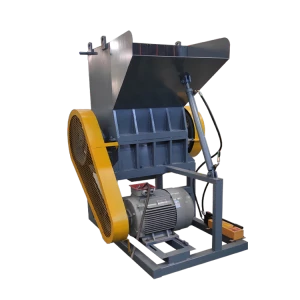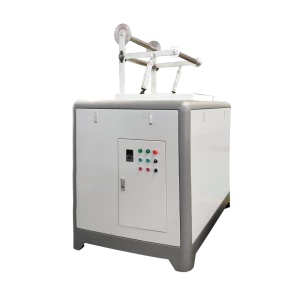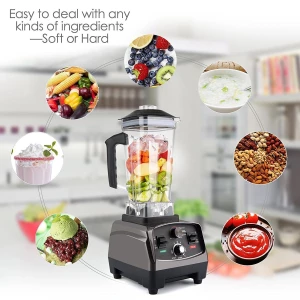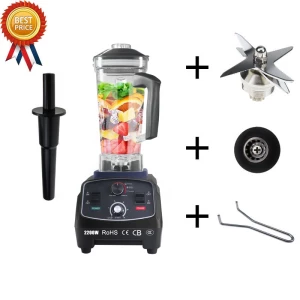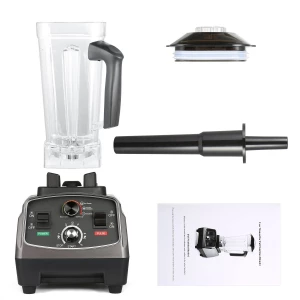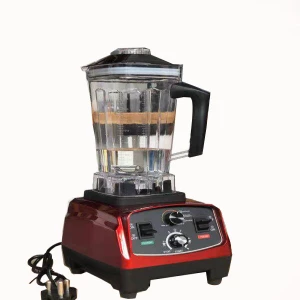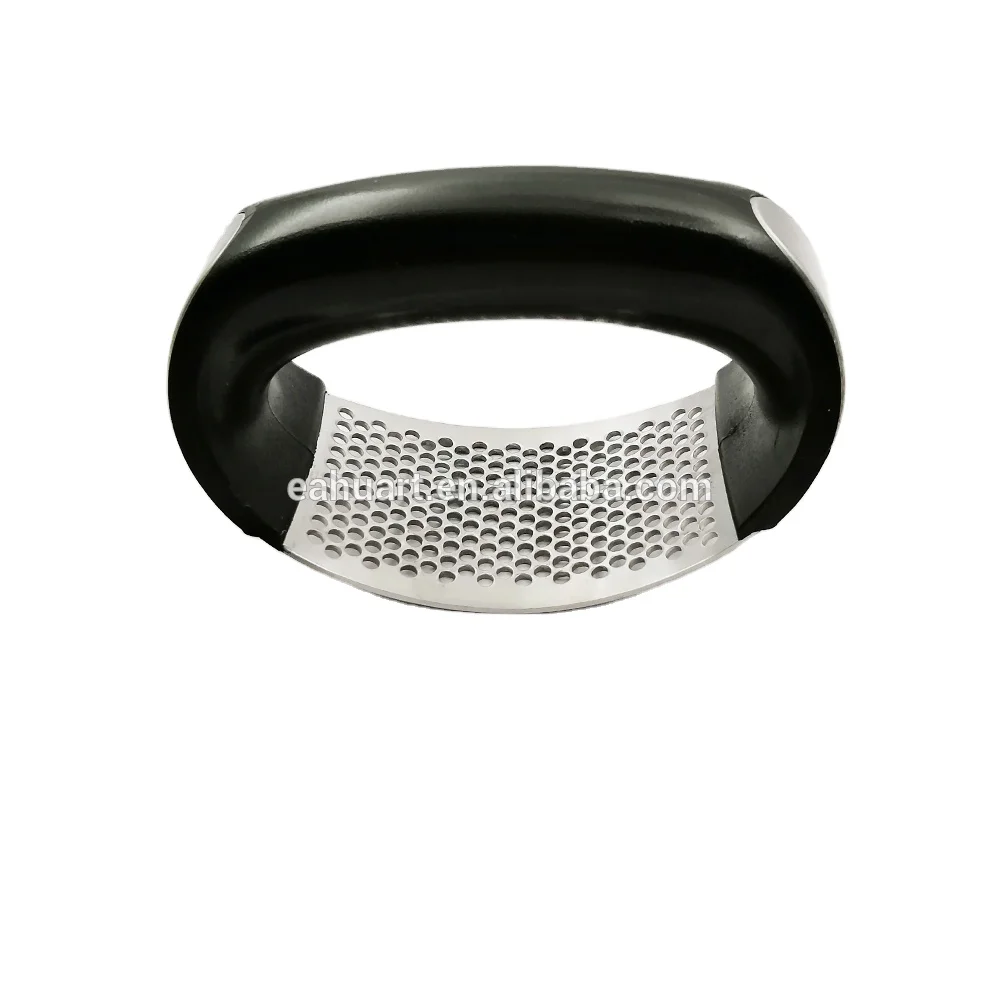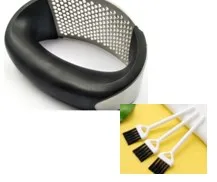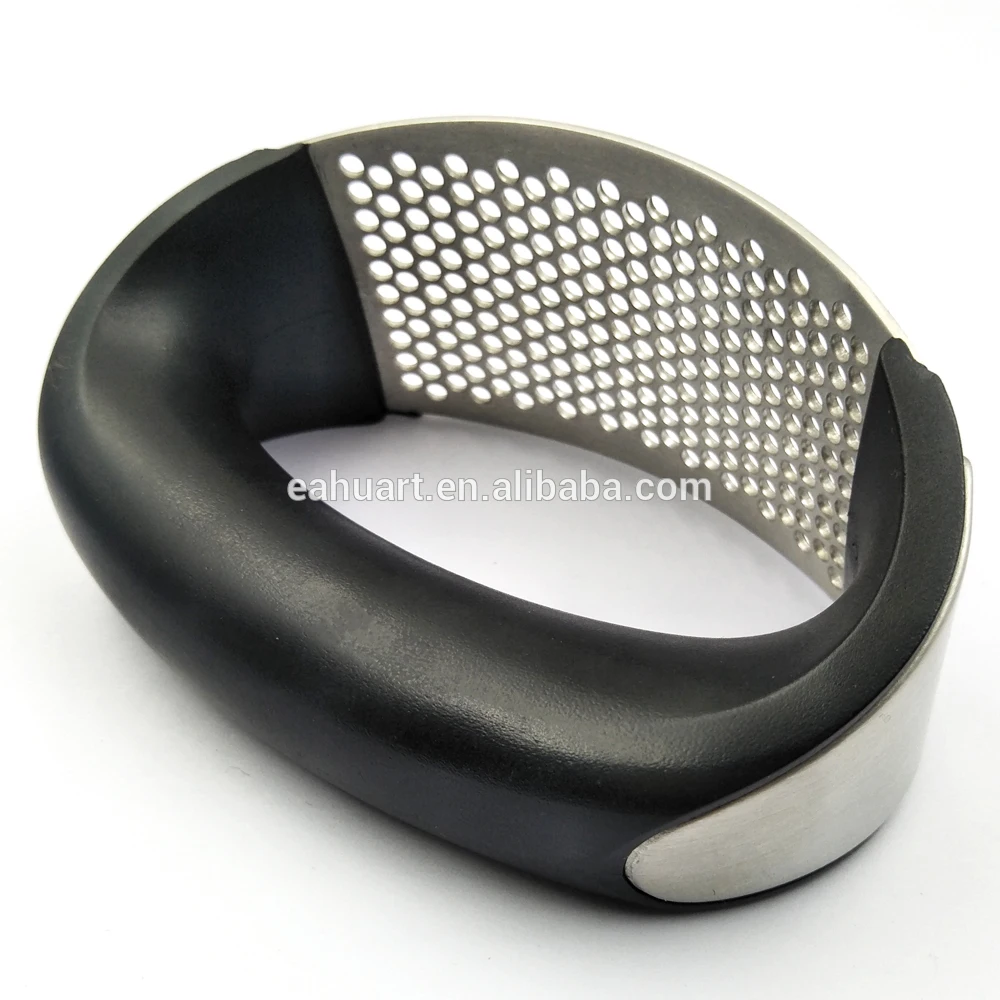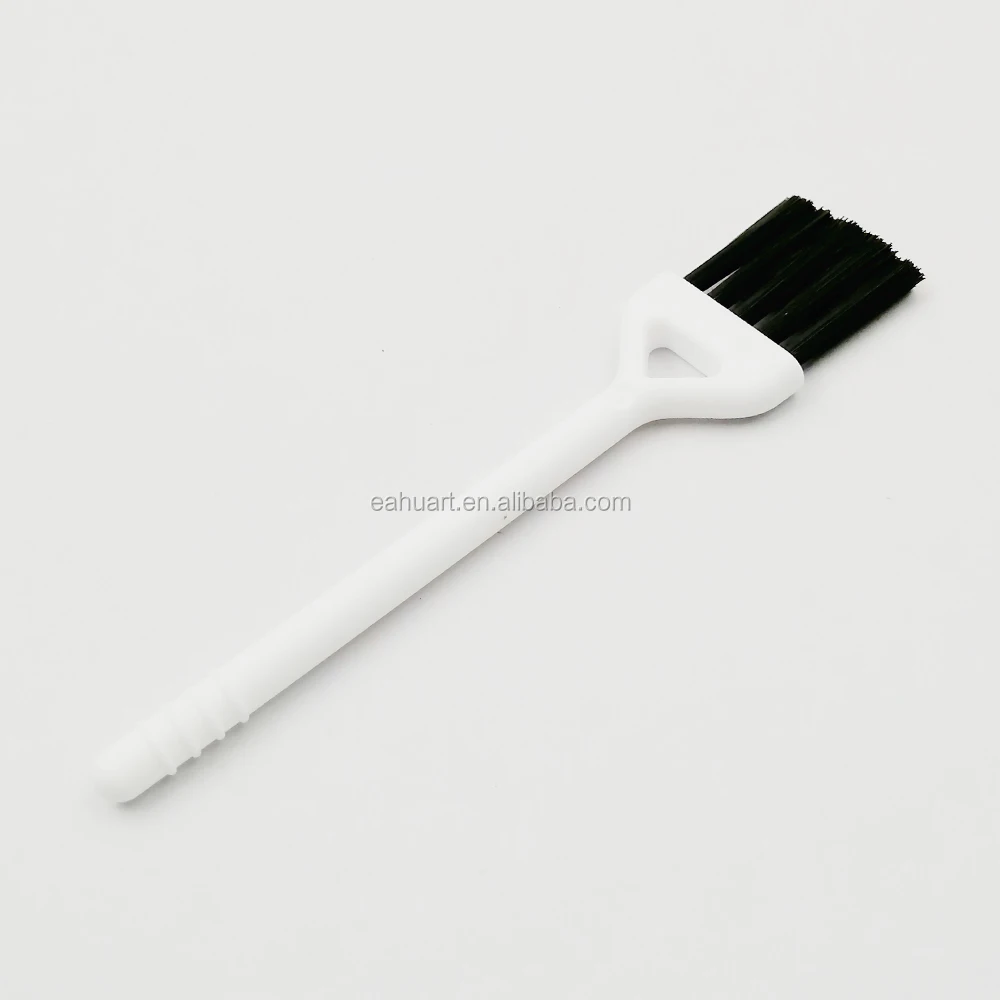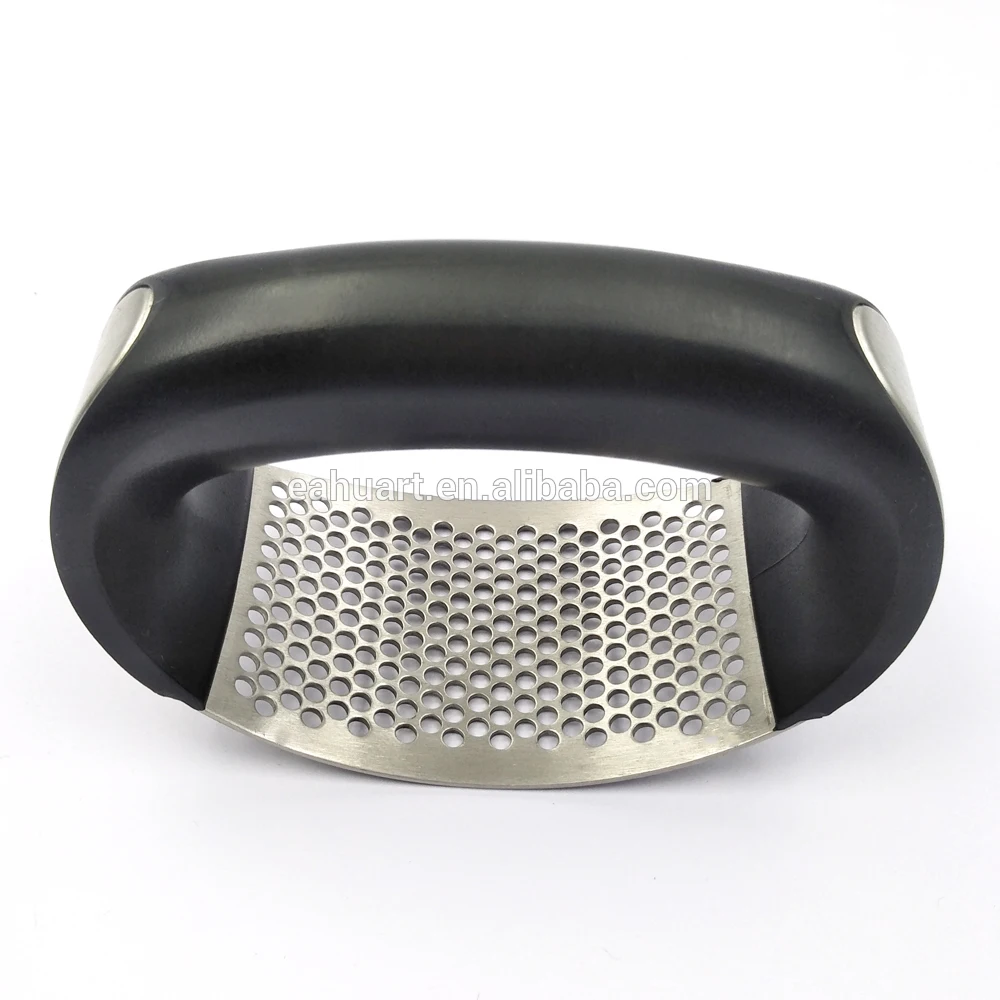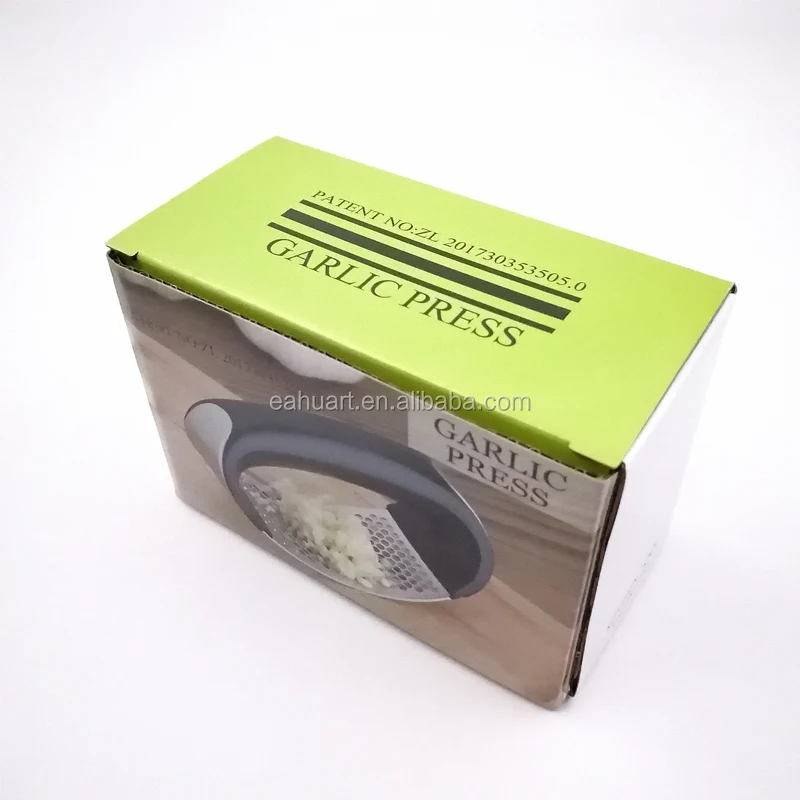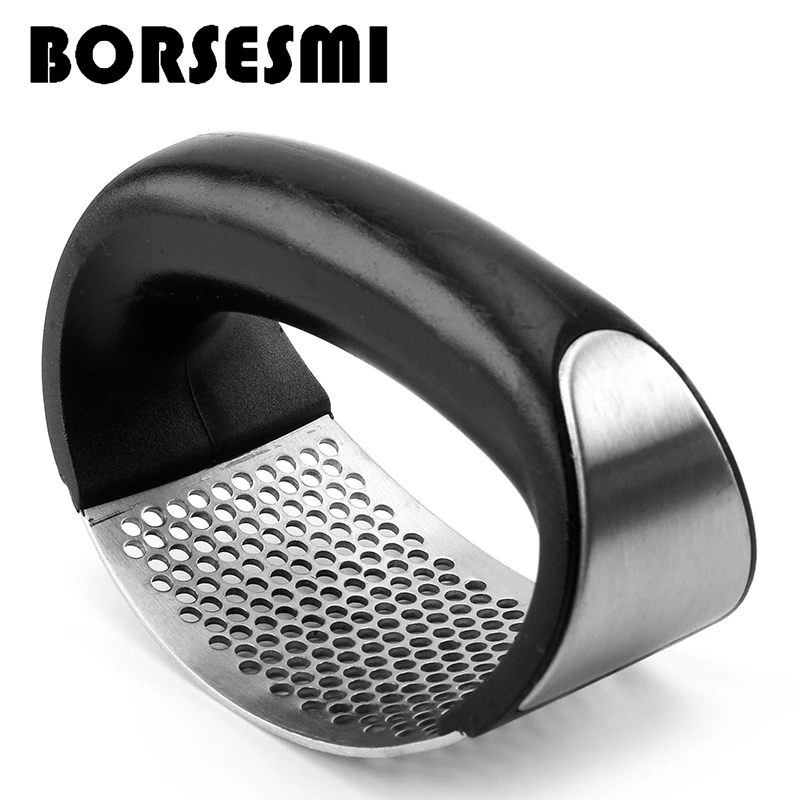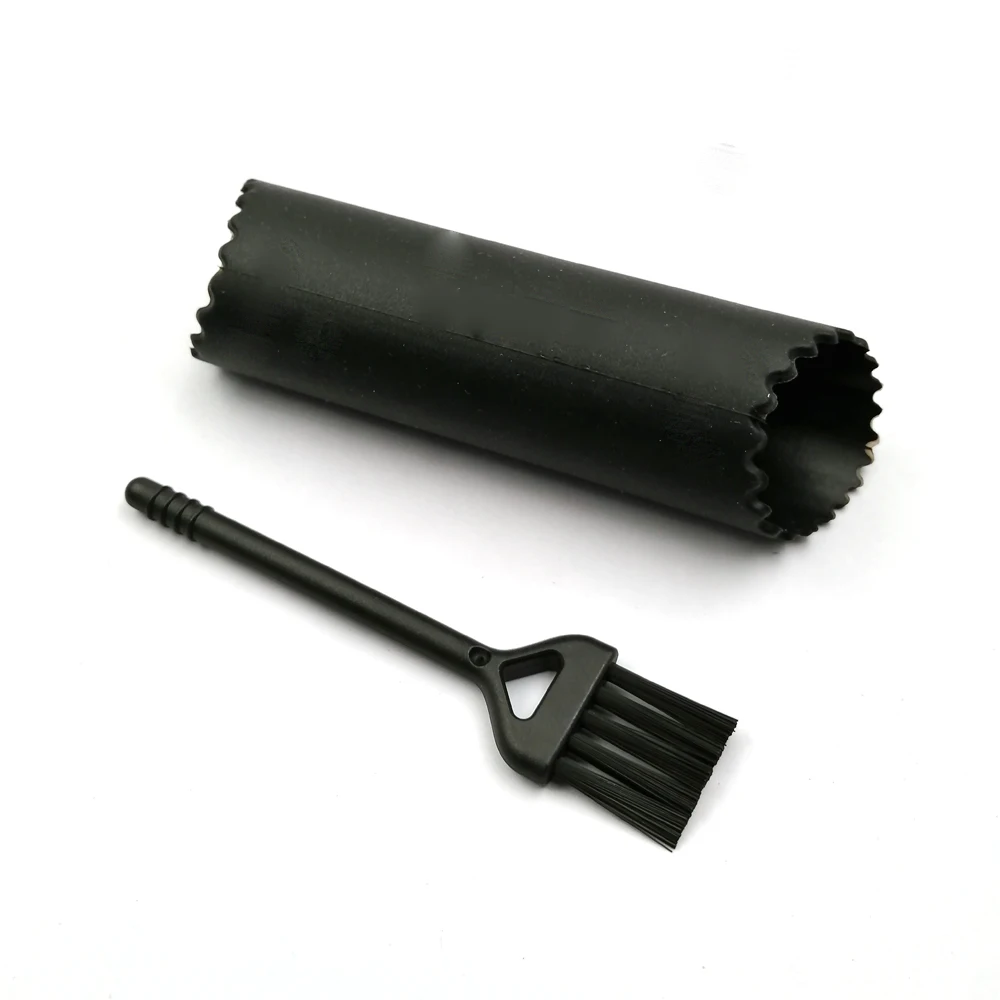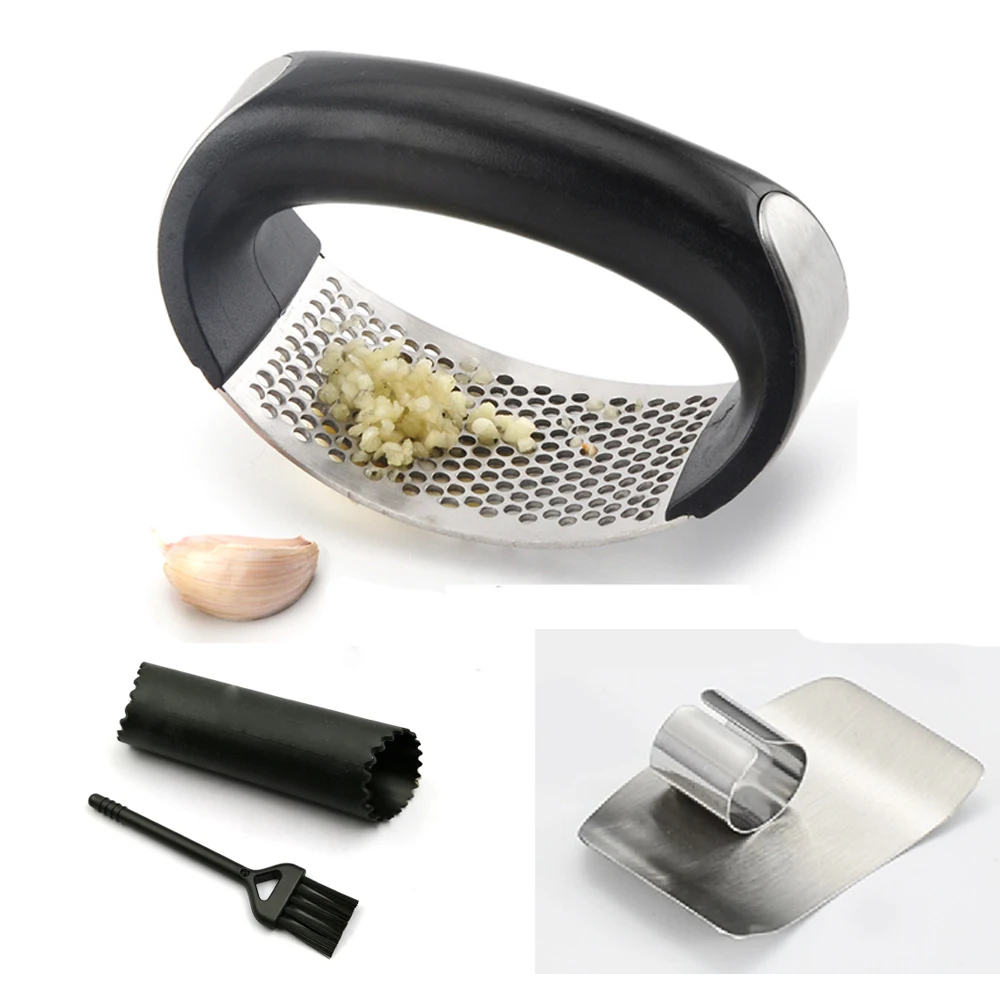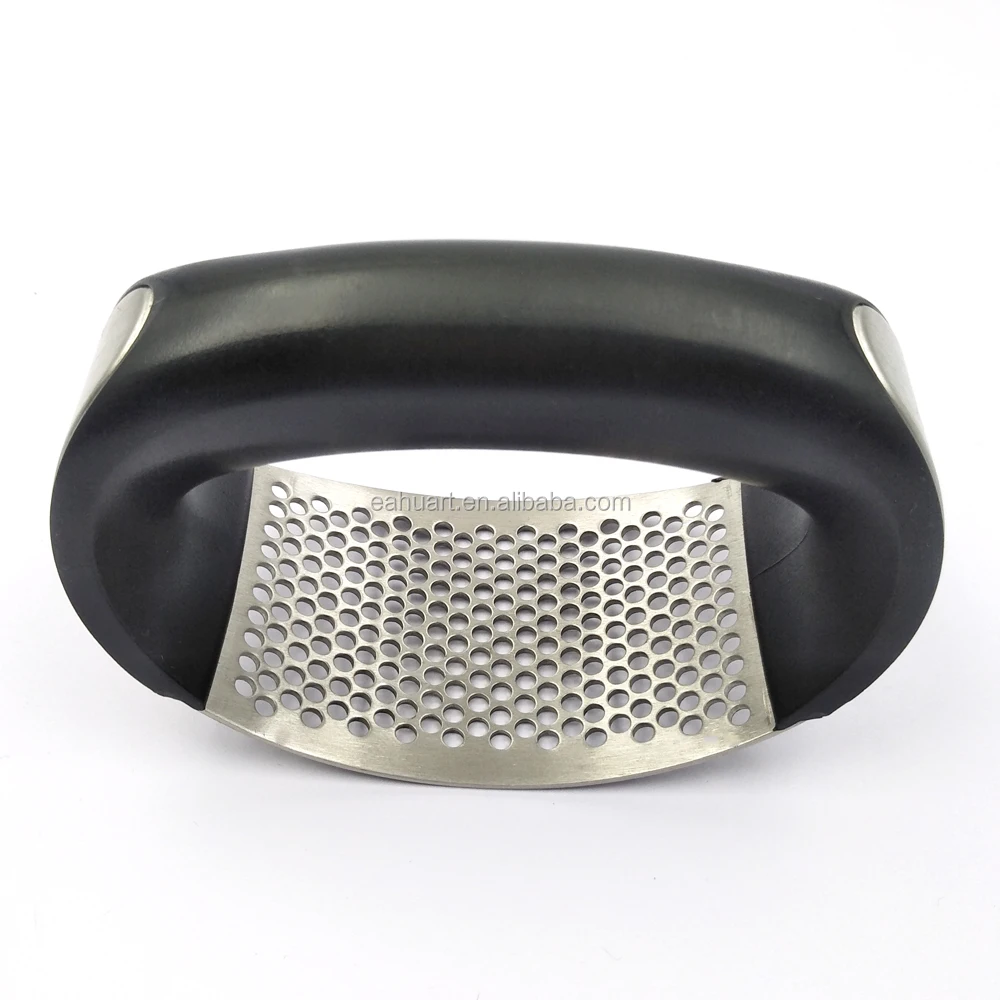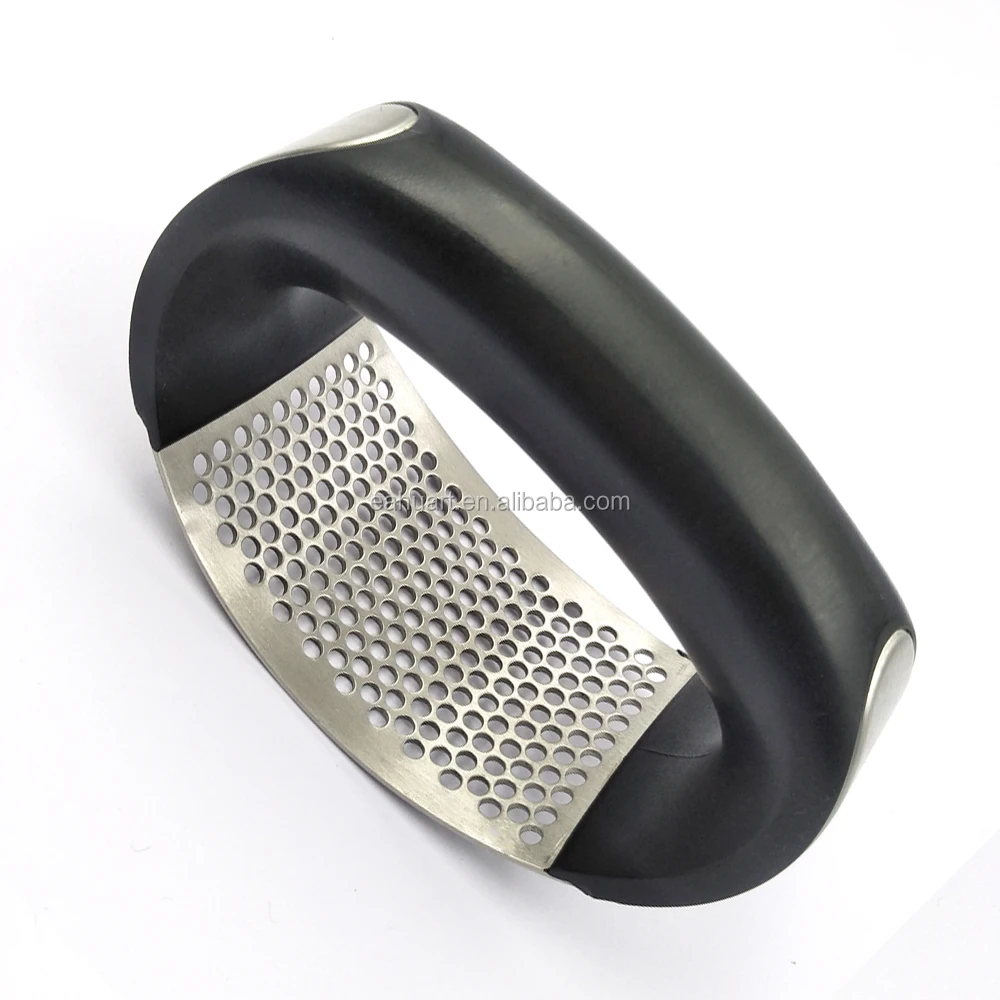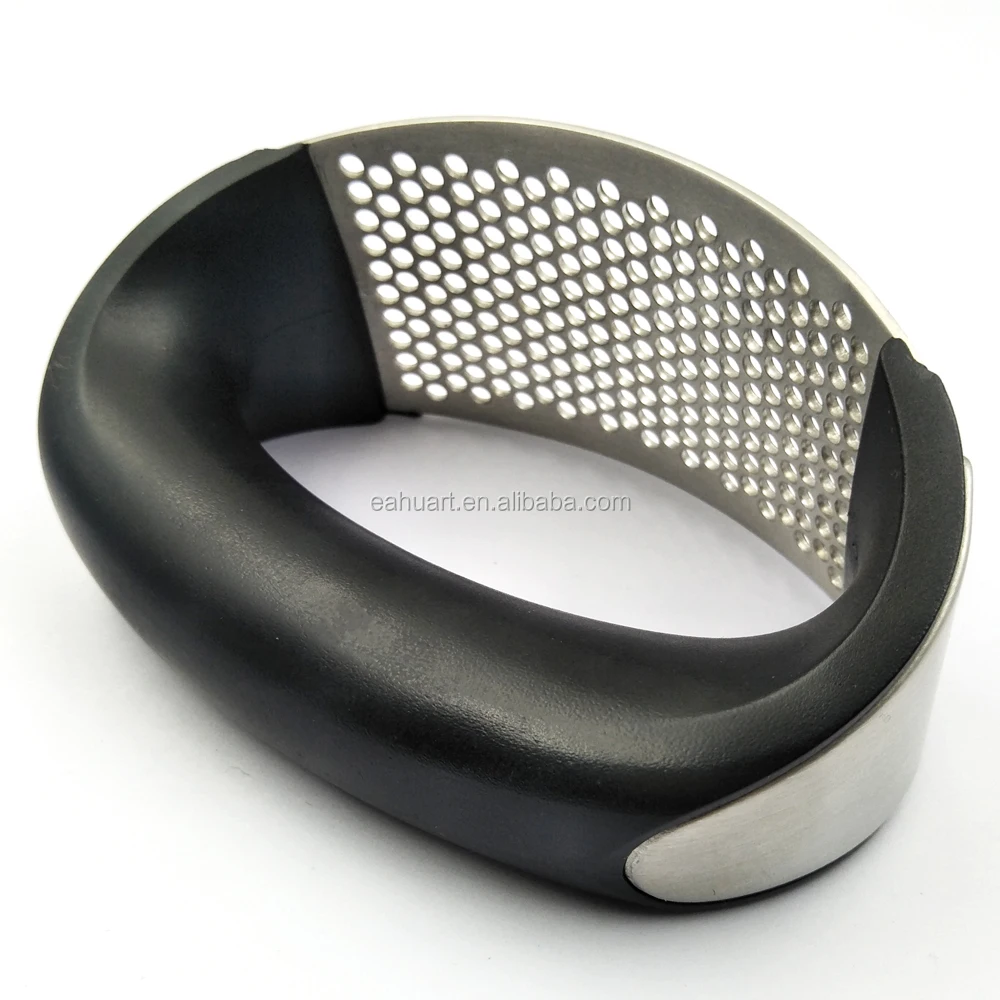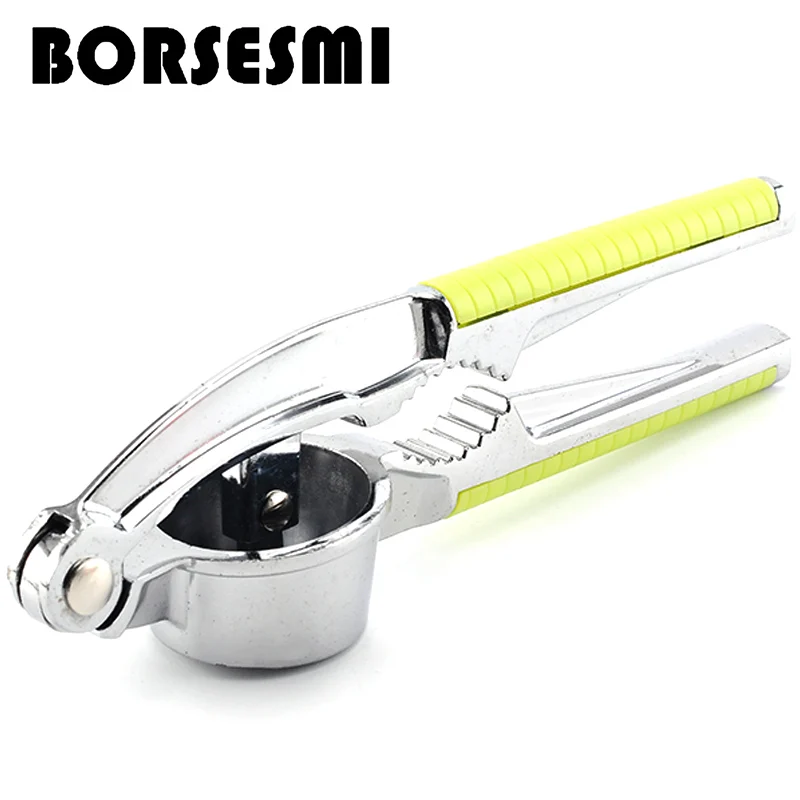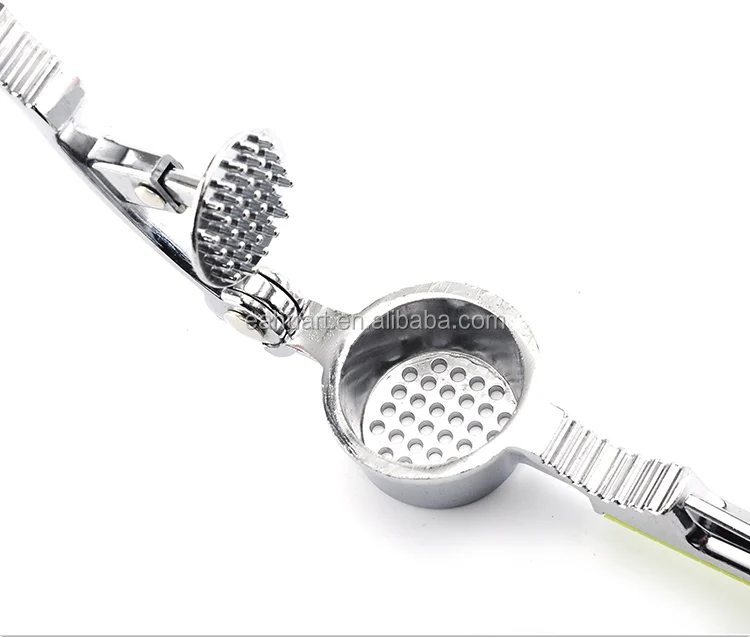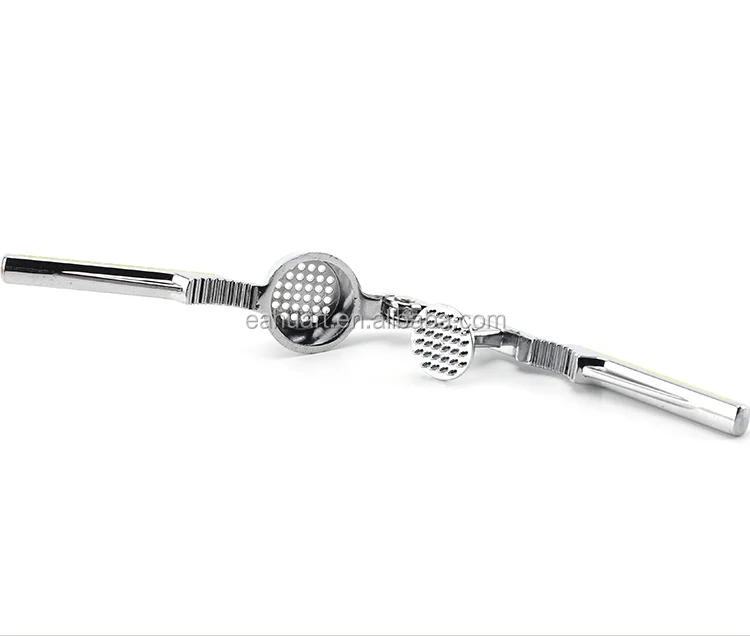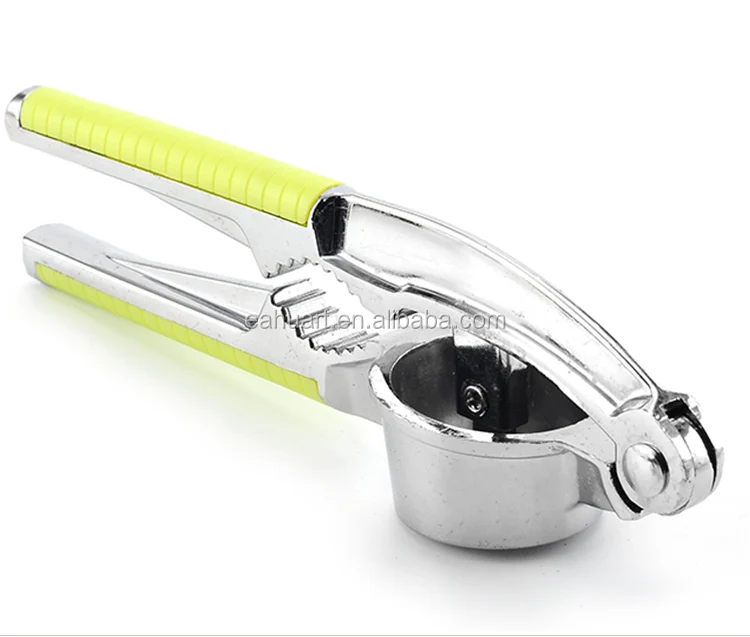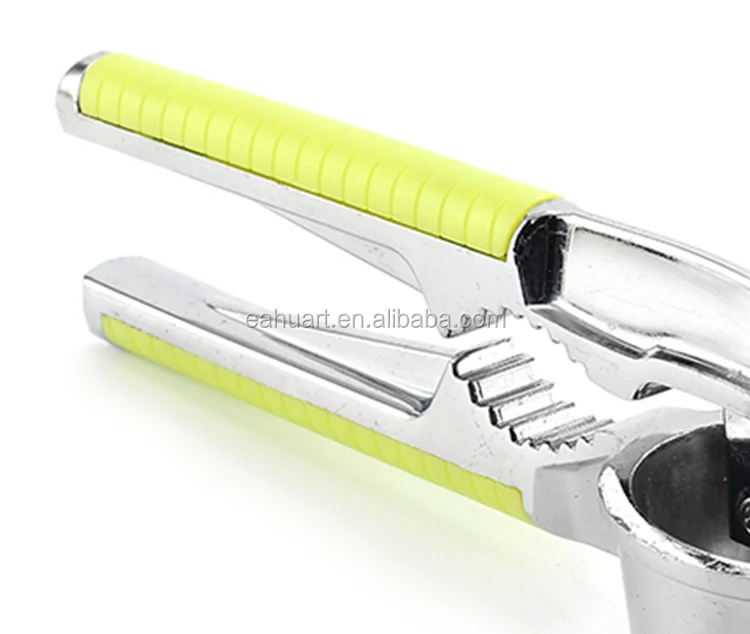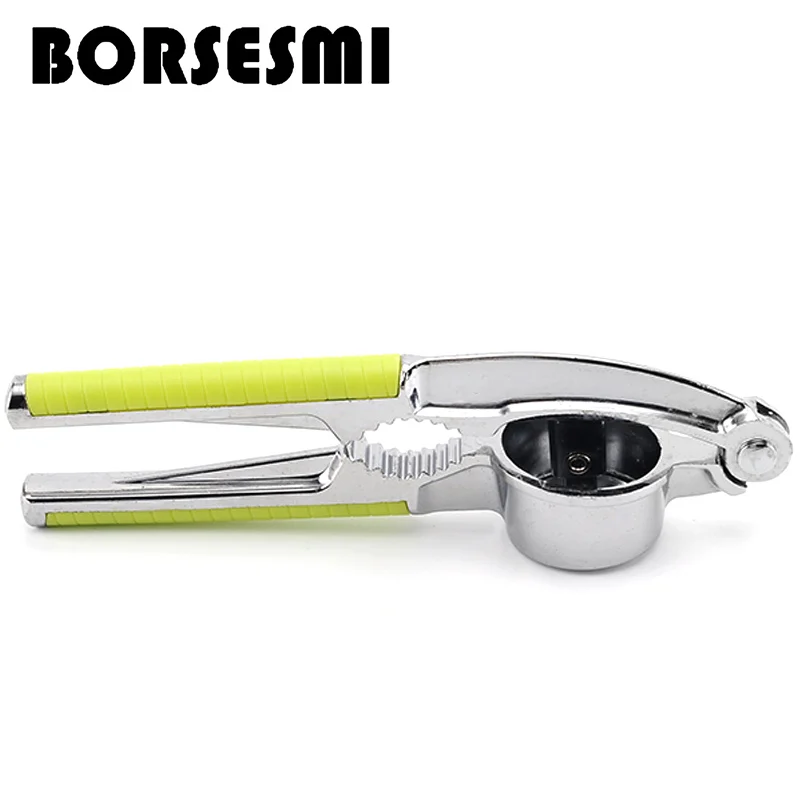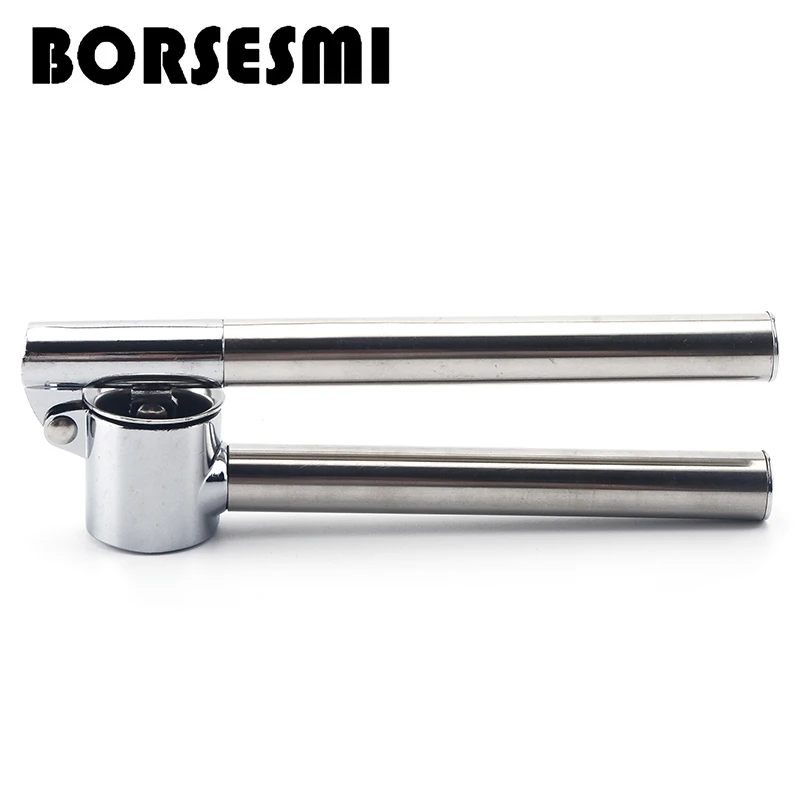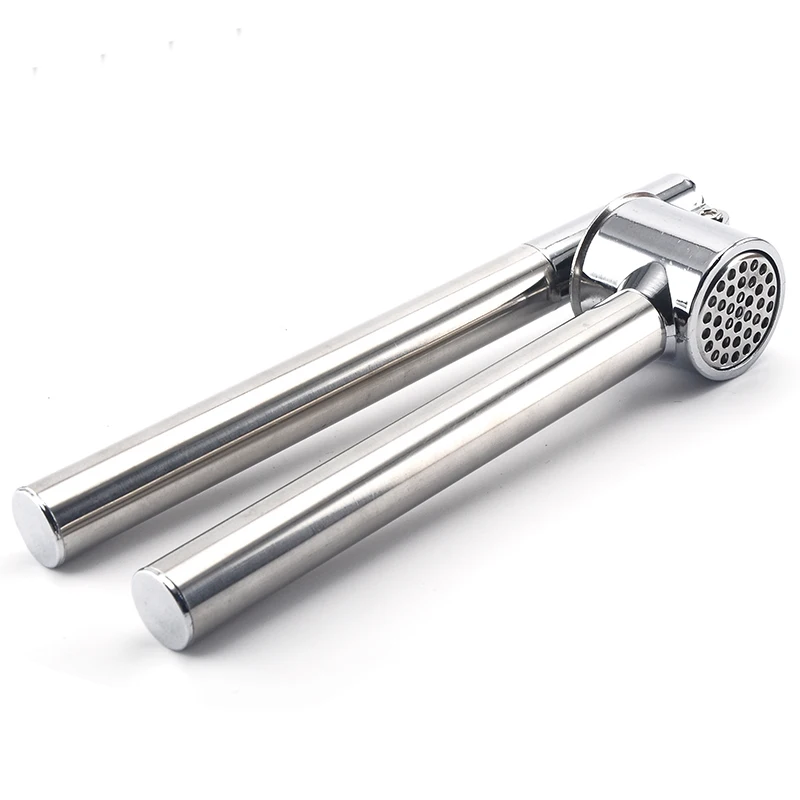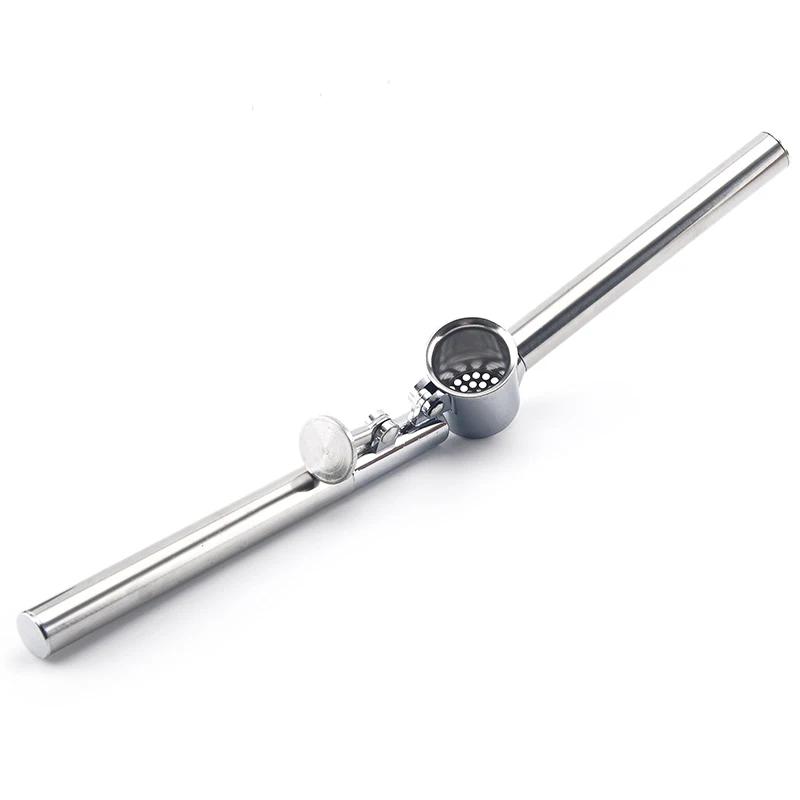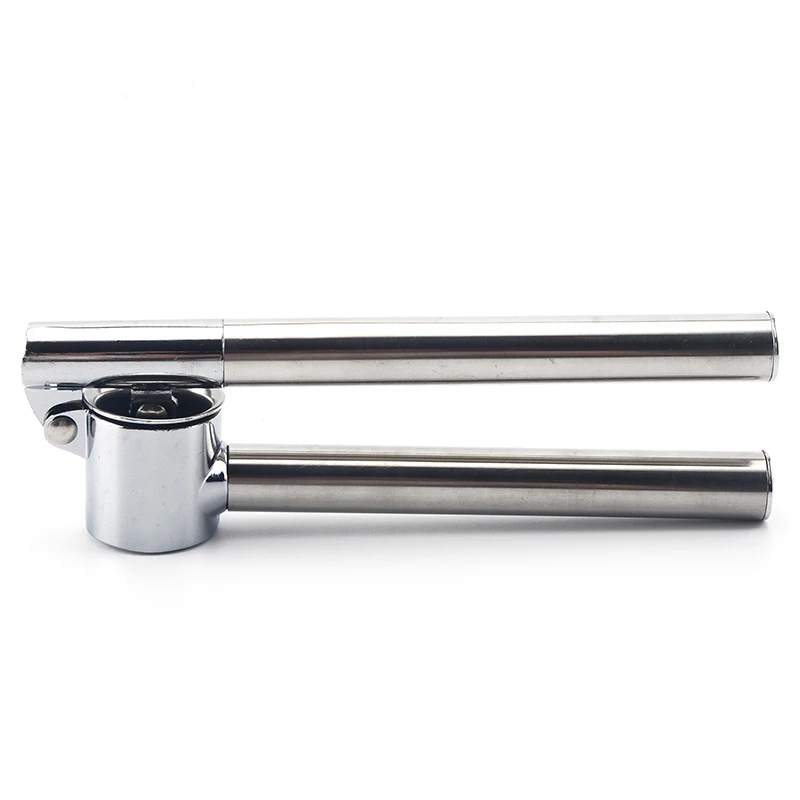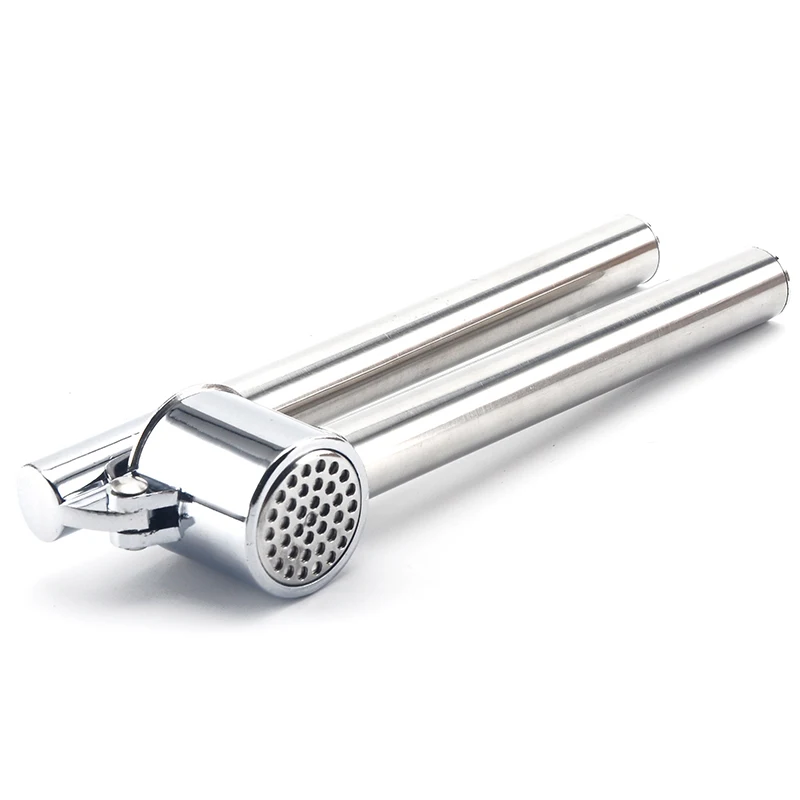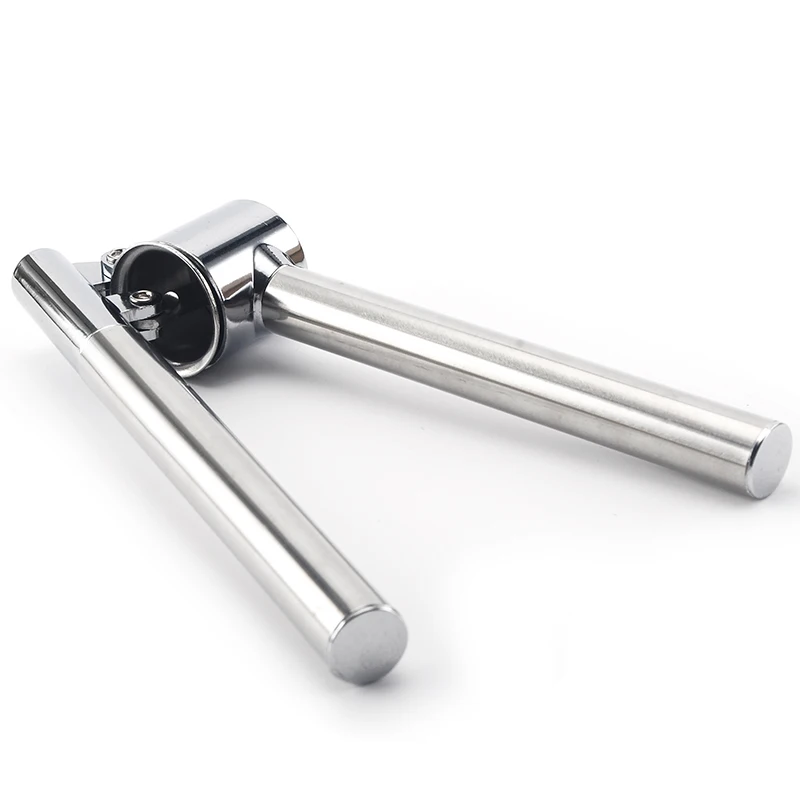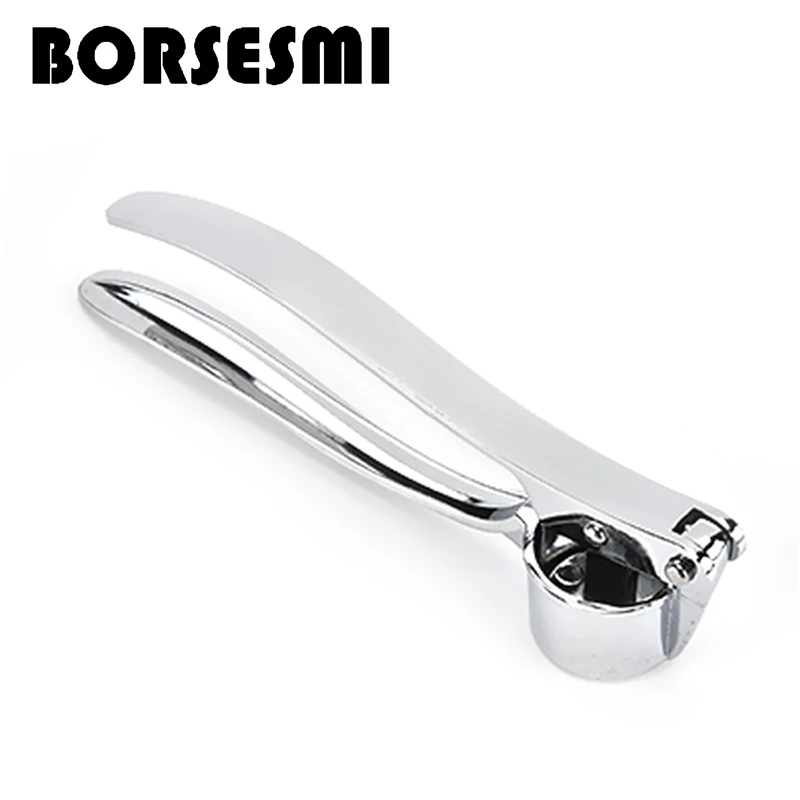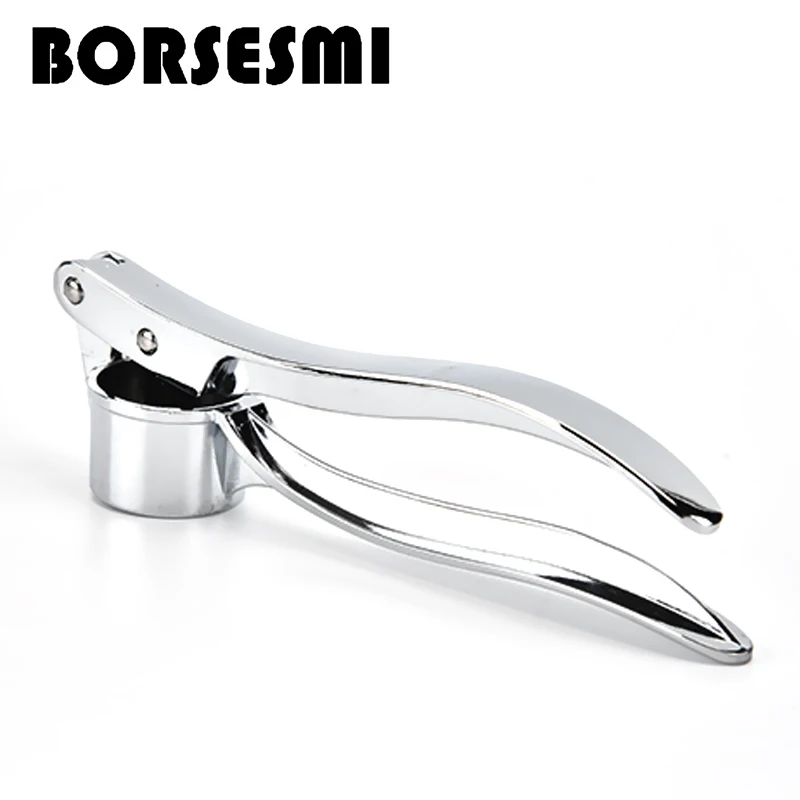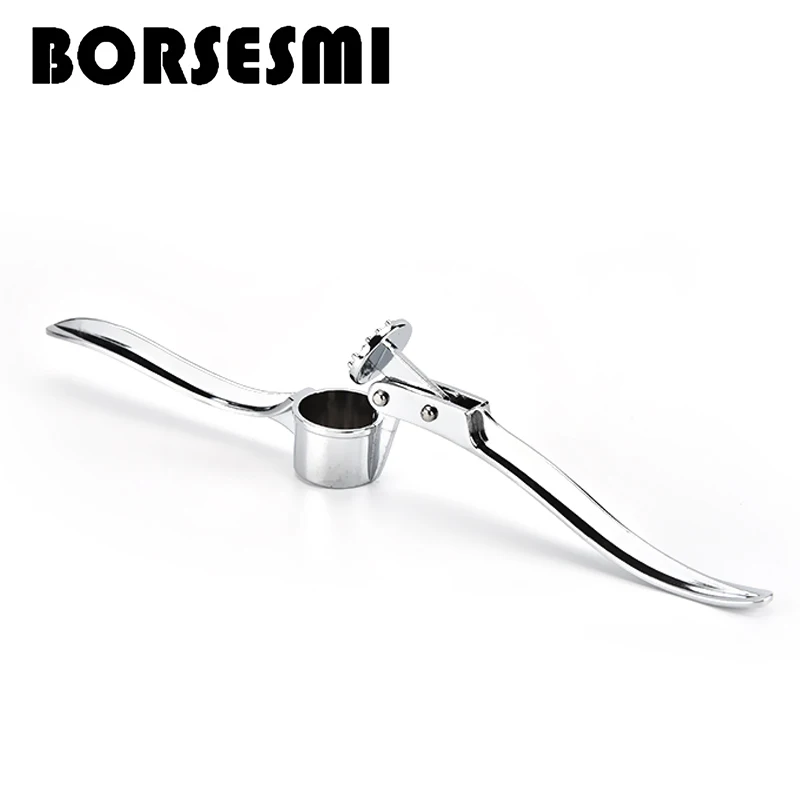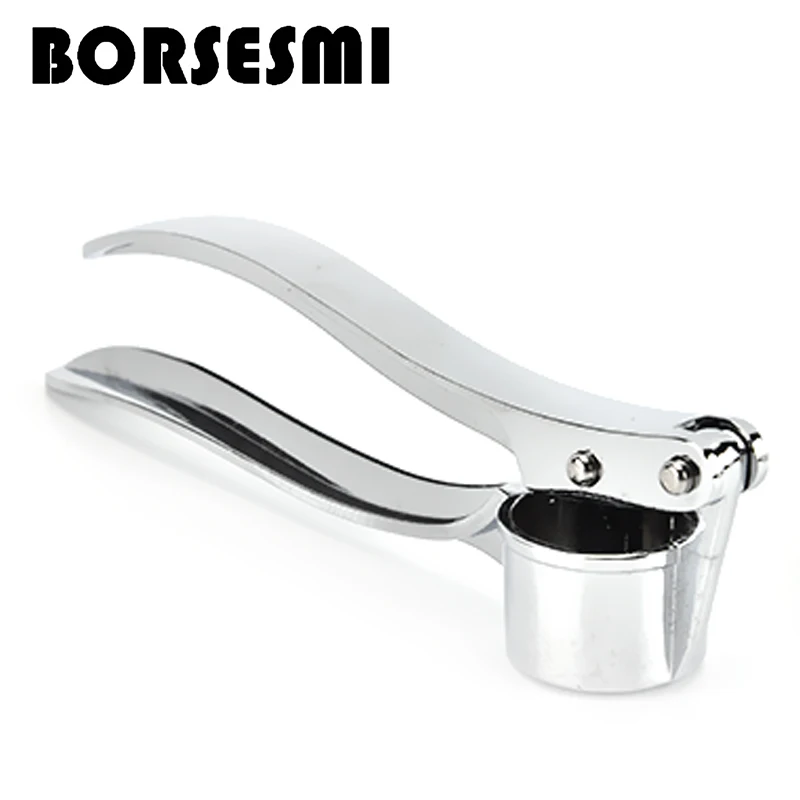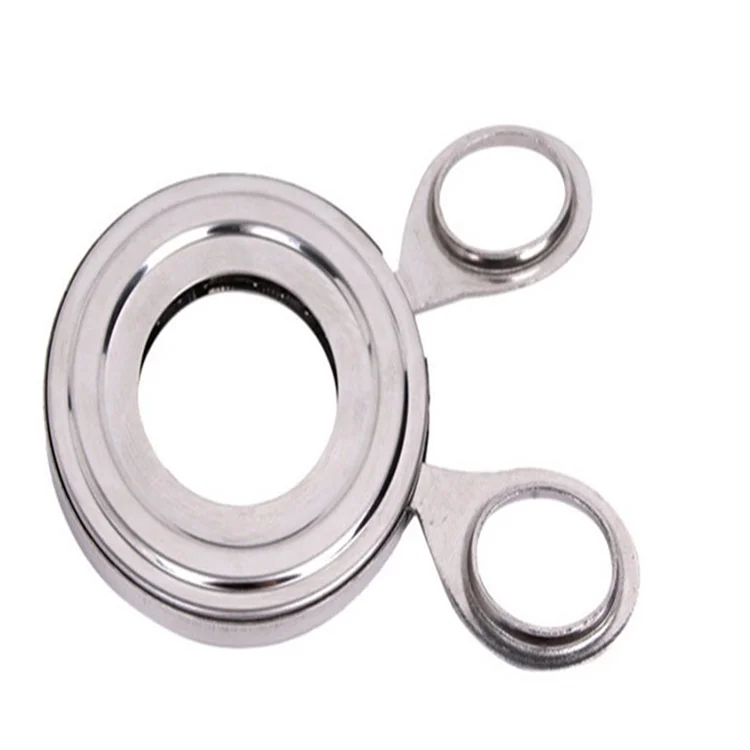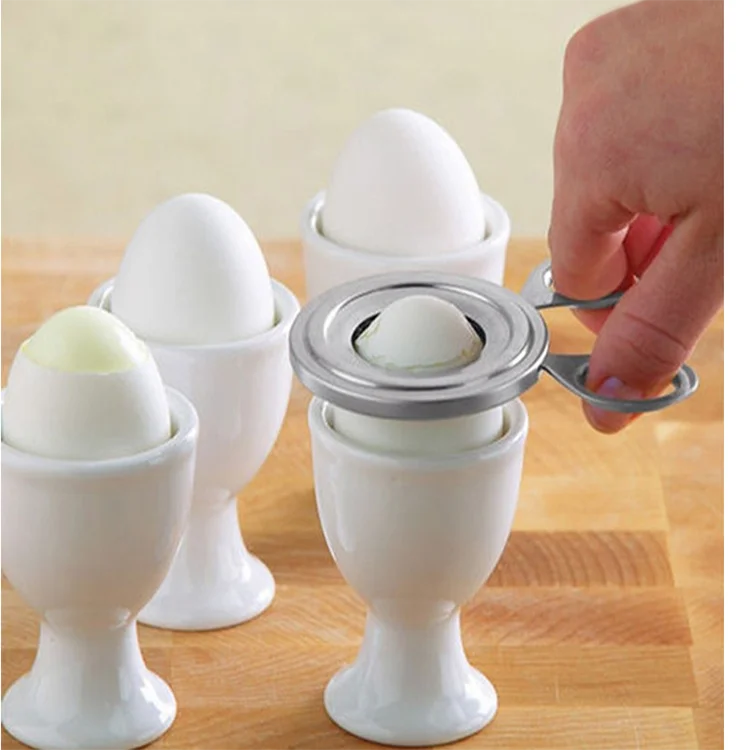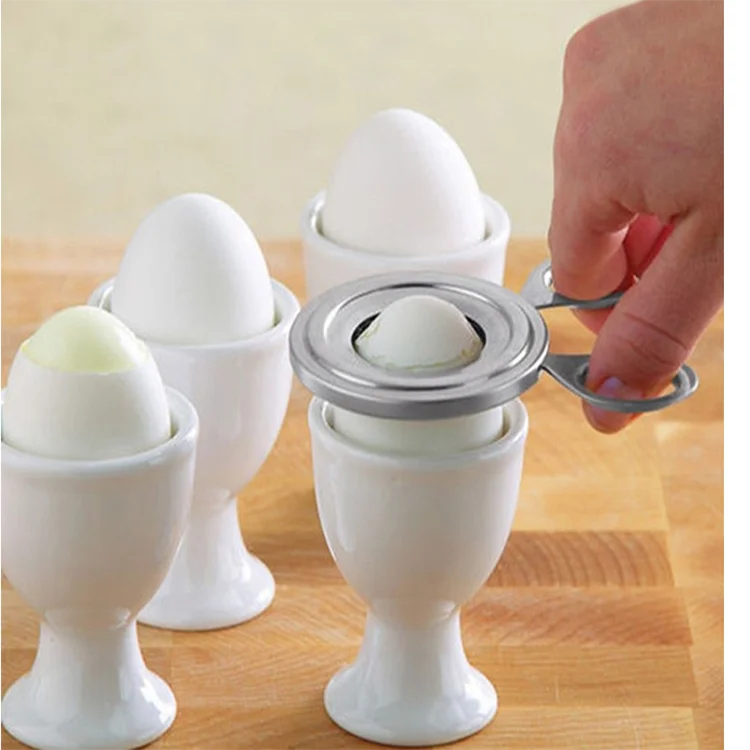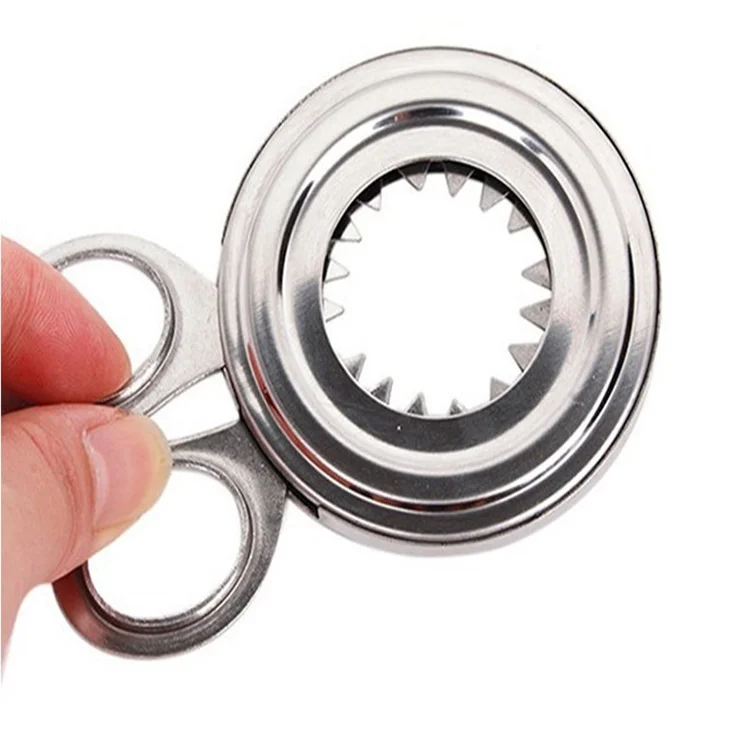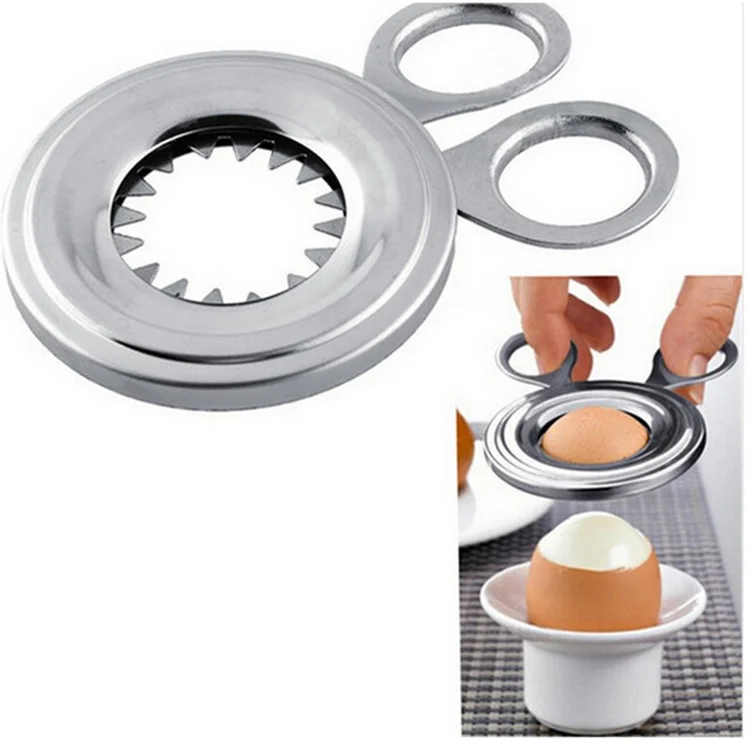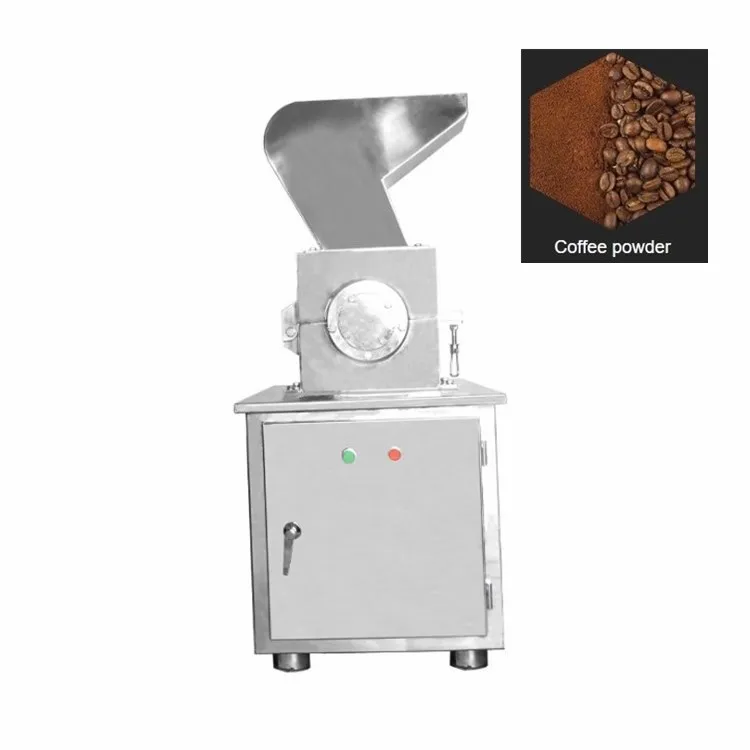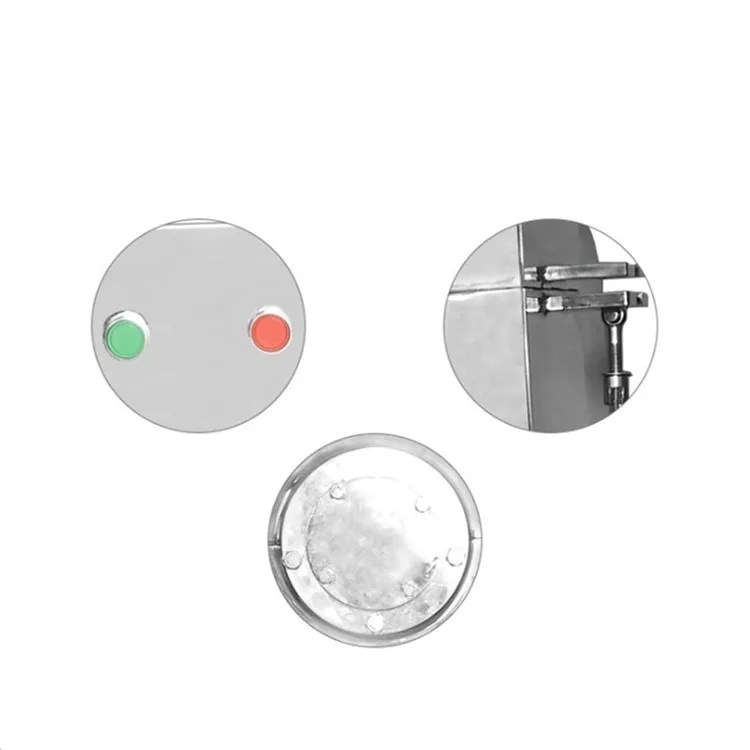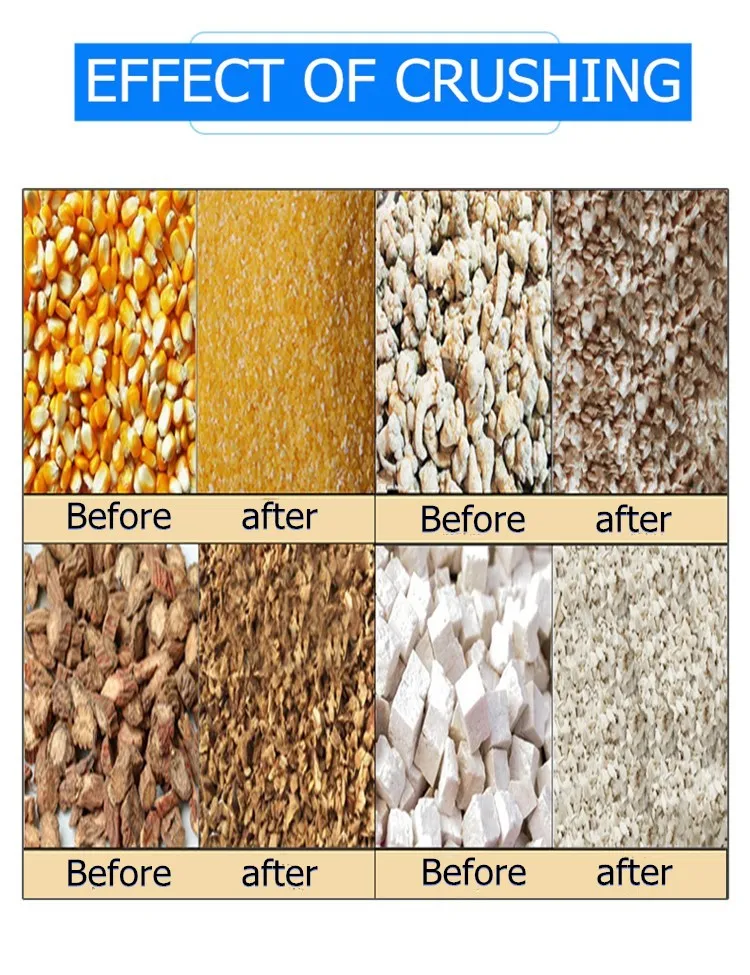Crusher: Your Ultimate Guide to Choosing the Right Equipment in 2025
In today's fast-paced construction and industrial sectors, having the right crushing equipment can make all the difference in productivity and efficiency. Whether you're processing aggregates, recycling materials, or mining precious resources, understanding crushers is crucial for making informed purchasing decisions.
How to Find Reliable Crusher from China in 2025
The Chinese manufacturing sector continues to dominate the global market for heavy machinery, including crushers. When sourcing from China in 2025, consider these key factors:
- Verify supplier certifications (ISO, CE, etc.)
- Check production capacity and lead times
- Request client references from similar projects
- Inspect quality control processes
- Understand shipping and logistics options
Platforms like Alibaba have made it easier to connect with vetted manufacturers, but always conduct thorough due diligence before committing to large purchases.
What Buyers Should Know Before Buying Crusher from China
Purchasing heavy equipment internationally requires careful planning. Key considerations include:
- Total cost of ownership (including maintenance and spare parts)
- Compatibility with local power standards
- After-sales support availability
- Warranty terms and conditions
- Customization options for specific needs
Many Chinese manufacturers now offer comprehensive service packages that include installation supervision and operator training, significantly reducing operational risks.
Types of Crusher
The crushing equipment market offers several specialized options:
Jaw Crushers
Ideal for primary crushing of hard materials, featuring a fixed plate and a movable jaw.
Cone Crushers
Perfect for secondary and tertiary crushing, offering precise particle size control.
Impact Crushers
Excellent for recycling applications and softer materials, using high-speed impact forces.
Gyratory Crushers
Heavy-duty options for large-scale mining operations with high capacity requirements.
Functions and features of Crusher
Modern crushers incorporate advanced technologies that enhance performance:
- Automated control systems for optimal operation
- Wear-resistant materials extending component life
- Energy-efficient designs reducing operational costs
- Modular configurations for easy maintenance
- Dust suppression systems for environmental compliance
These features combine to deliver higher throughput with lower downtime, maximizing your return on investment.
Scenarios of Crusher
Crushers serve critical roles across multiple industries:
Construction
Processing aggregates for concrete and asphalt production, with mobile units enabling on-site processing.
Mining
Reducing ore size for further processing, handling everything from precious metals to industrial minerals.
Recycling
Crushing demolition waste, concrete, and asphalt for reuse in new construction projects.
Quarrying
Producing consistent aggregate sizes for various construction applications.
How to Choose Crusher
Selecting the right crushing equipment involves evaluating several factors:
- Material characteristics: Hardness, abrasiveness, moisture content
- Production requirements: Desired output size and capacity needs
- Site conditions: Space limitations, mobility requirements
- Budget considerations: Initial cost vs. long-term operational expenses
- Future needs: Scalability for potential expansion
Consulting with experienced crushing professionals can help identify the most suitable solution for your specific application.
Crusher Q & A
Q: What's the typical lifespan of a crusher?
A: With proper maintenance, quality crushers can last 10-15 years. Critical components like liners may need replacement every 1-2 years depending on usage.
Q: How much does a crusher cost?
A: Prices range from $50,000 for small mobile units to over $1 million for large stationary plants. Chinese manufacturers typically offer 20-40% cost savings compared to Western brands.
Q: What maintenance does a crusher require?
A: Regular lubrication, wear part inspection, and cleaning are essential. Modern units often include automated monitoring systems to simplify maintenance.
Q: Can crushers be customized?
A: Yes, many manufacturers offer customization options for feed openings, discharge settings, power sources, and special material requirements.
Q: How do I ensure consistent product quality?
A: Proper equipment selection, regular maintenance, and operator training are key. Advanced control systems can automatically adjust settings for optimal output.




